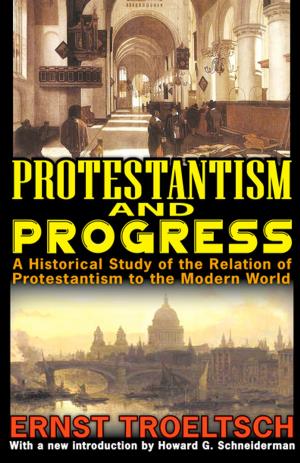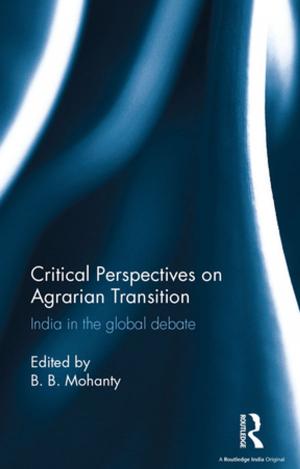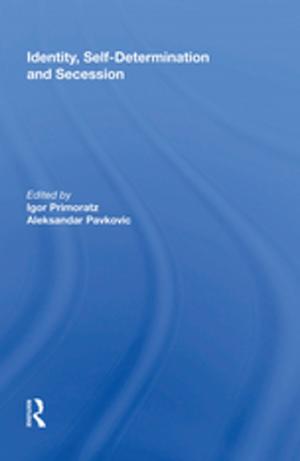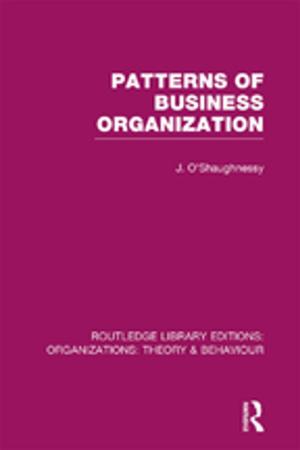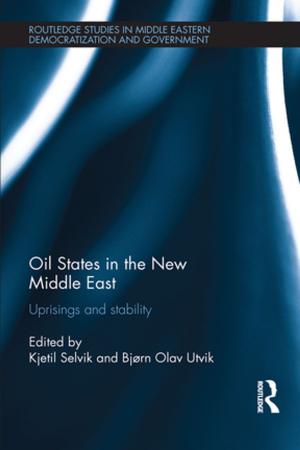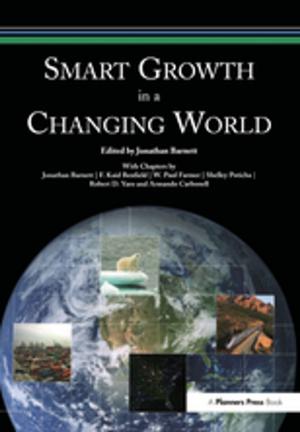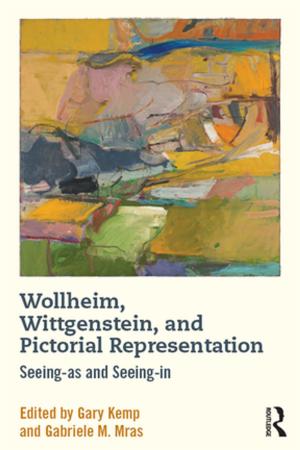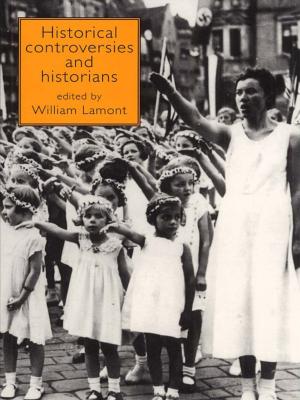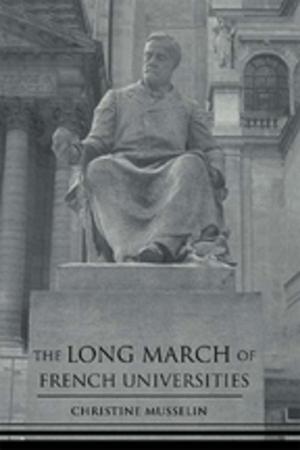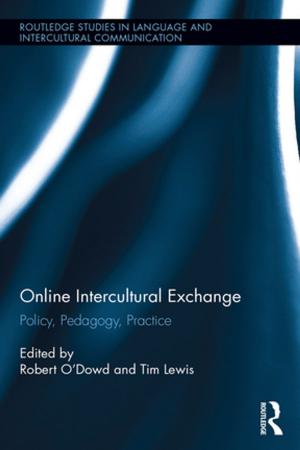Western Visions of the Far East in a Transpacific Age, 1522-1657
Nonfiction, History, Modern, 17th Century| Author: | ISBN: | 9781134759590 | |
| Publisher: | Taylor and Francis | Publication: | February 17, 2016 |
| Imprint: | Routledge | Language: | English |
| Author: | |
| ISBN: | 9781134759590 |
| Publisher: | Taylor and Francis |
| Publication: | February 17, 2016 |
| Imprint: | Routledge |
| Language: | English |
Bringing to bear the latest developments across various areas of research and disciplines, this collection provides a broad perspective on how Western Europe made sense of a complex, multi-faceted, and by and large Sino-centered East and Southeast Asia. The volume covers the transpacific period--after Magellan's opening of the transpacific route to the Far East and before the eventual dominance of the region by the British and the Dutch. In contrast to the period of the Enlightenment, during which Orientalist discourses arose, this initial period of encounters and conquest is characterized by an enormous curiosity and a desire to seize--not only materially but intellectually--the lands and peoples of East Asia. The essays investigate European visions of the Far East--particularly of China and Japan--and examine how and why particular representations of Asians and their cultural practices were constructed, revised, and adapted. Collectively, the essays show that images of the Far East were filtered by worldviews that ranged from being, on the one hand, universalistic and relatively equitable towards cultures to the other extreme, unilaterally Eurocentric.
Bringing to bear the latest developments across various areas of research and disciplines, this collection provides a broad perspective on how Western Europe made sense of a complex, multi-faceted, and by and large Sino-centered East and Southeast Asia. The volume covers the transpacific period--after Magellan's opening of the transpacific route to the Far East and before the eventual dominance of the region by the British and the Dutch. In contrast to the period of the Enlightenment, during which Orientalist discourses arose, this initial period of encounters and conquest is characterized by an enormous curiosity and a desire to seize--not only materially but intellectually--the lands and peoples of East Asia. The essays investigate European visions of the Far East--particularly of China and Japan--and examine how and why particular representations of Asians and their cultural practices were constructed, revised, and adapted. Collectively, the essays show that images of the Far East were filtered by worldviews that ranged from being, on the one hand, universalistic and relatively equitable towards cultures to the other extreme, unilaterally Eurocentric.

